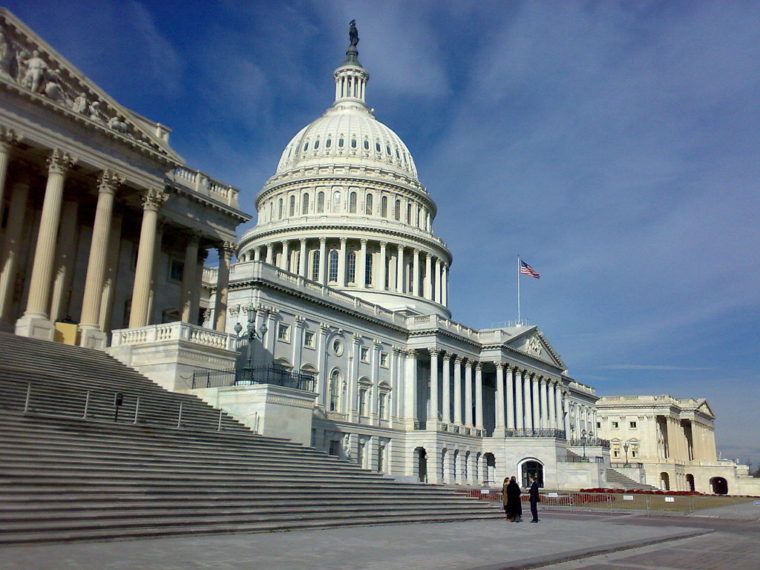Congressional Republicans agree on tax cuts more than they agree on nearly any other issue. Tax cuts have been central to Republican economic policy since the mid-20th century.
 After their failure on Obamacare and inaction on defense spending, entitlements and infrastructure, congressional Republicans desperately needed the tax bill win. They risked disappointing Republican activists, organized interests and donors, who were very frustrated with the party by the fall.
After their failure on Obamacare and inaction on defense spending, entitlements and infrastructure, congressional Republicans desperately needed the tax bill win. They risked disappointing Republican activists, organized interests and donors, who were very frustrated with the party by the fall.
Some Republicans incumbents were likely to face primary challenges from the right wing of their party if the frustration in the ranks was not addressed.
The tax bill victory gave them some hope of remobilizing their base.

Republicans mishandled public relations on the tax bill. A major part of their problem was the ineptitude of the White House in selling the bill to the public. In the end, the bill was unpopular and will remain a liability with middle-of-the-road voters who are not happy with the distribution of the tax cuts. It has reinforced the party’s image as the party of the rich.
Steven S. Smith, the Kate M. Gregg Distinguished Professor of Social Science and director of the Weidenbaum Center on the Economy, Government, and Public Policy, Smith has worked on Capitol Hill in several capacities and has served as a senior fellow at the Brooking Institution. He has also authored or co-authored six books on congressional politics and a book on the formation of the Russian State Duma.



